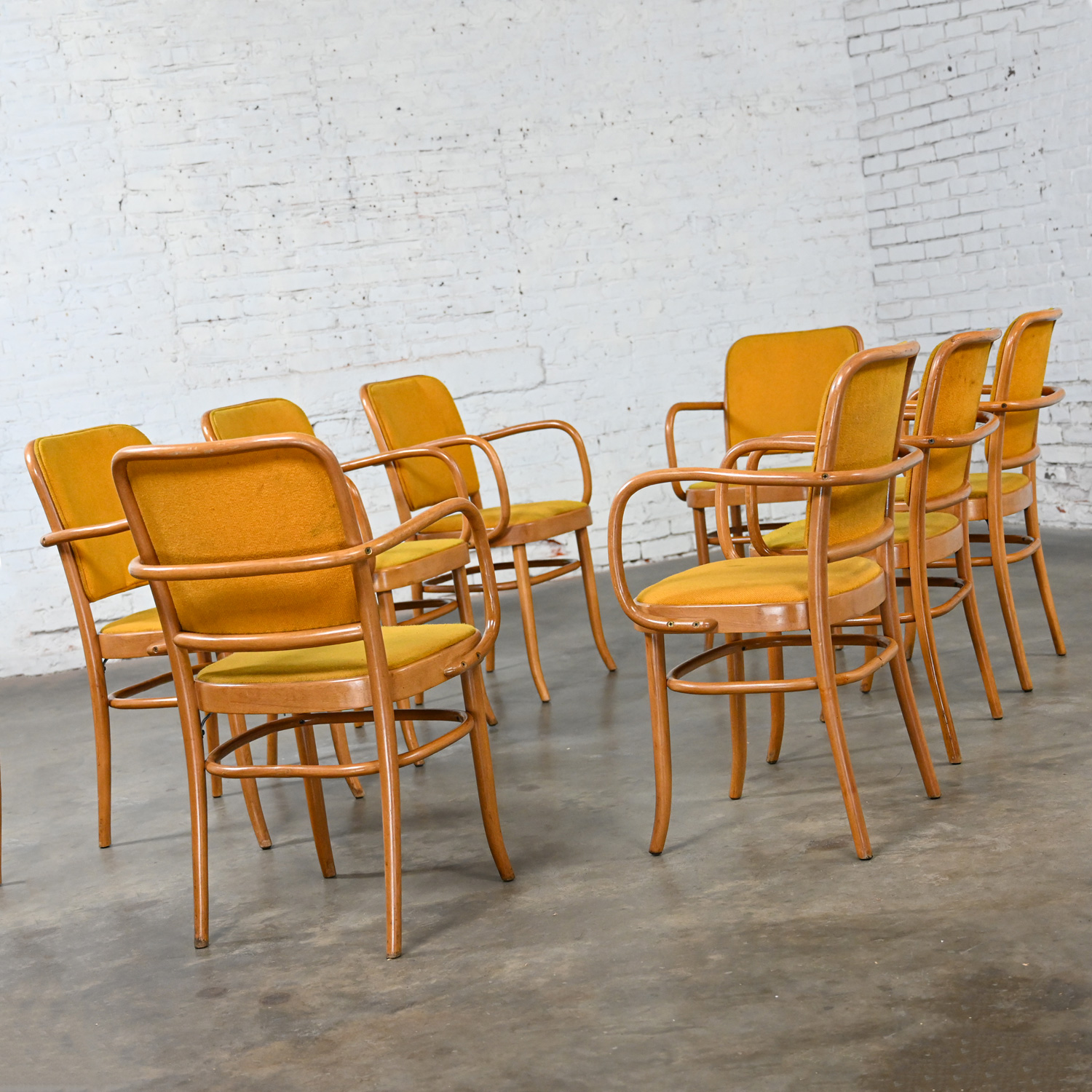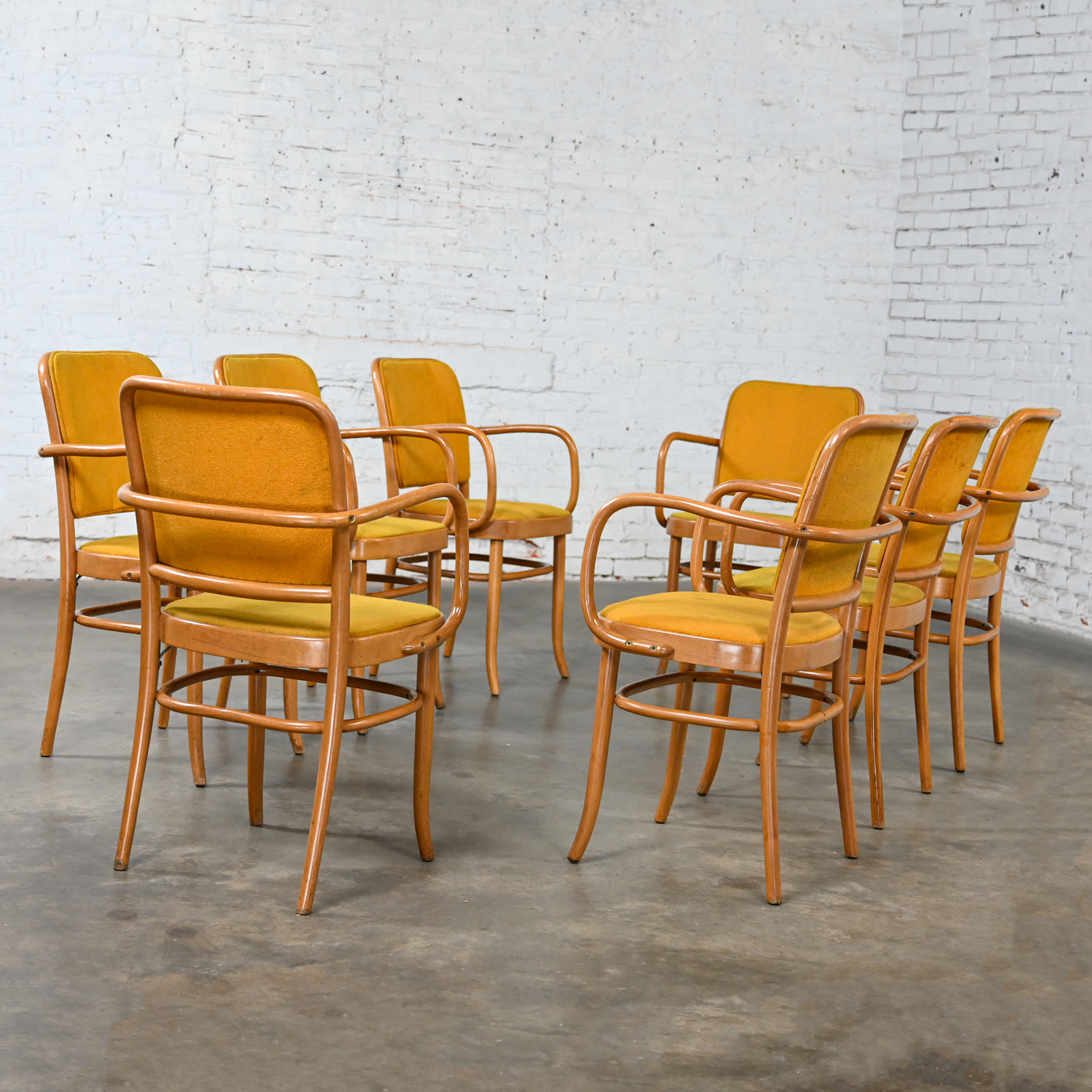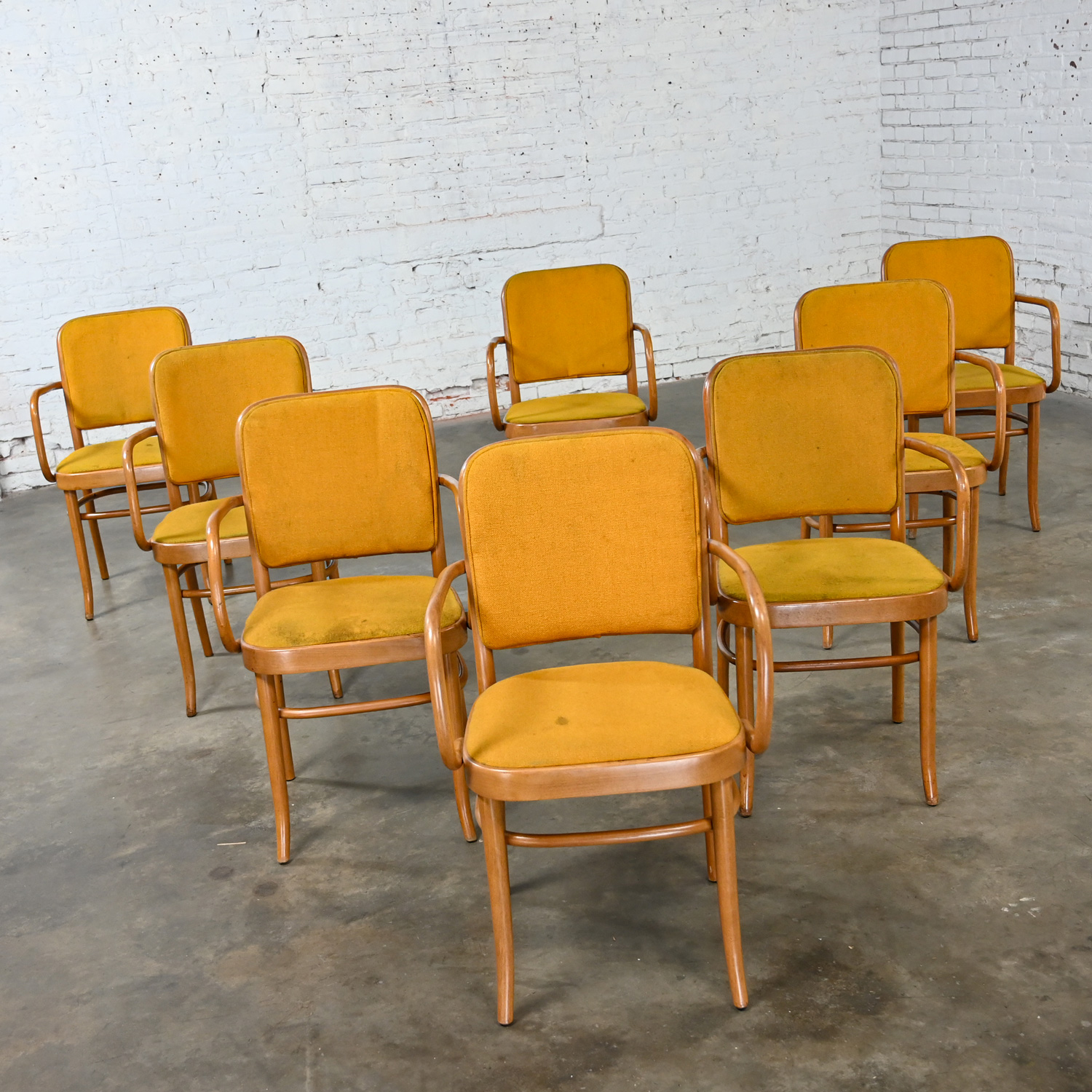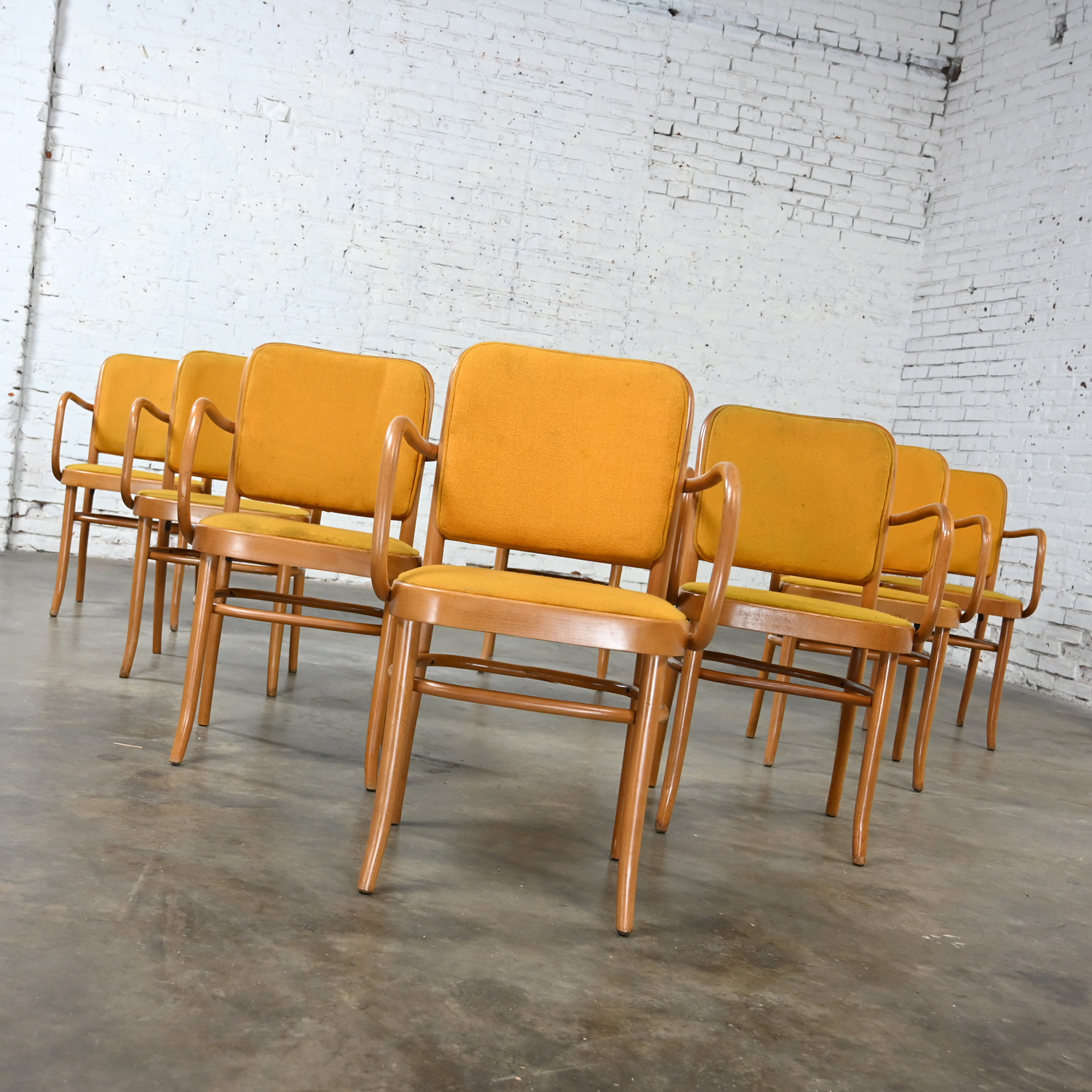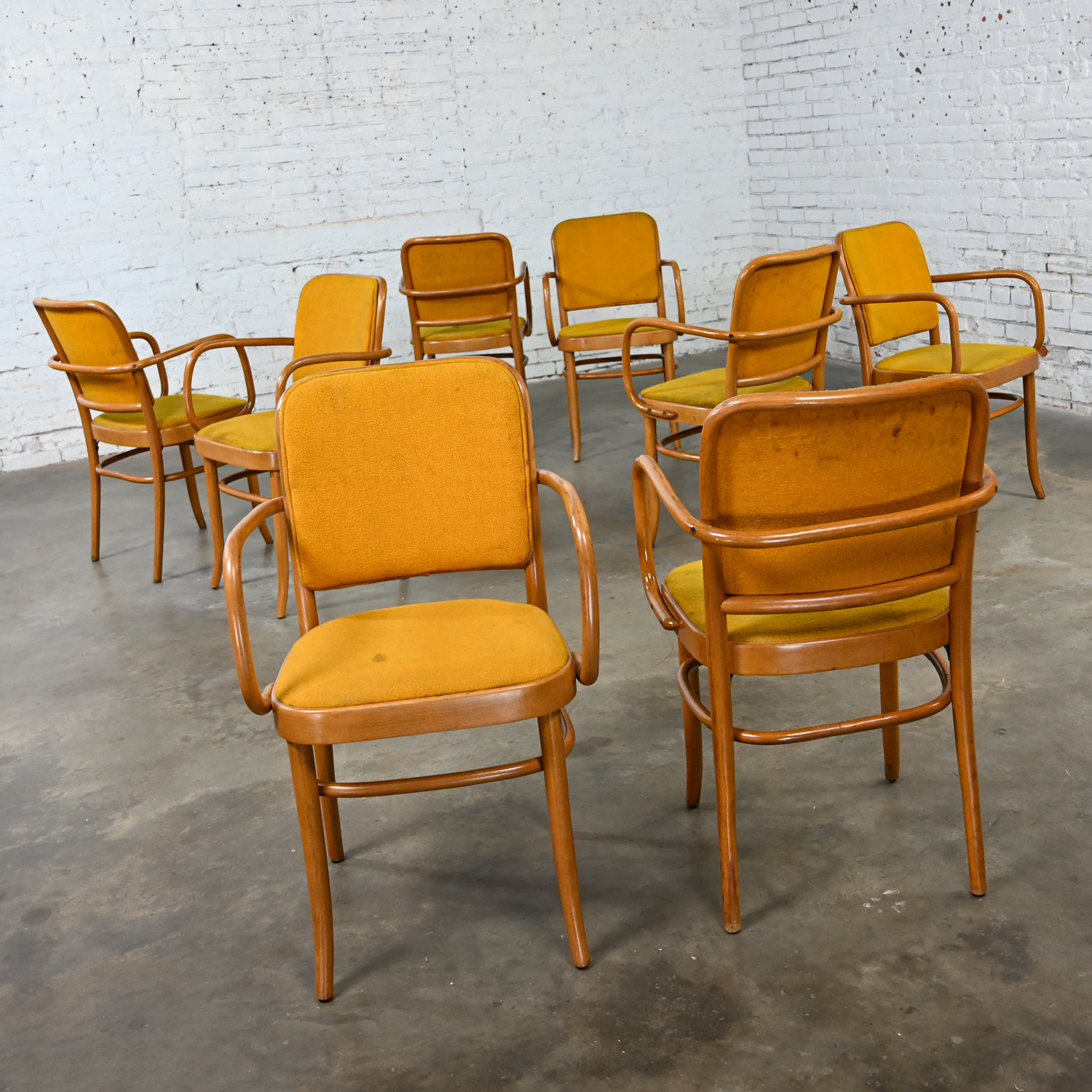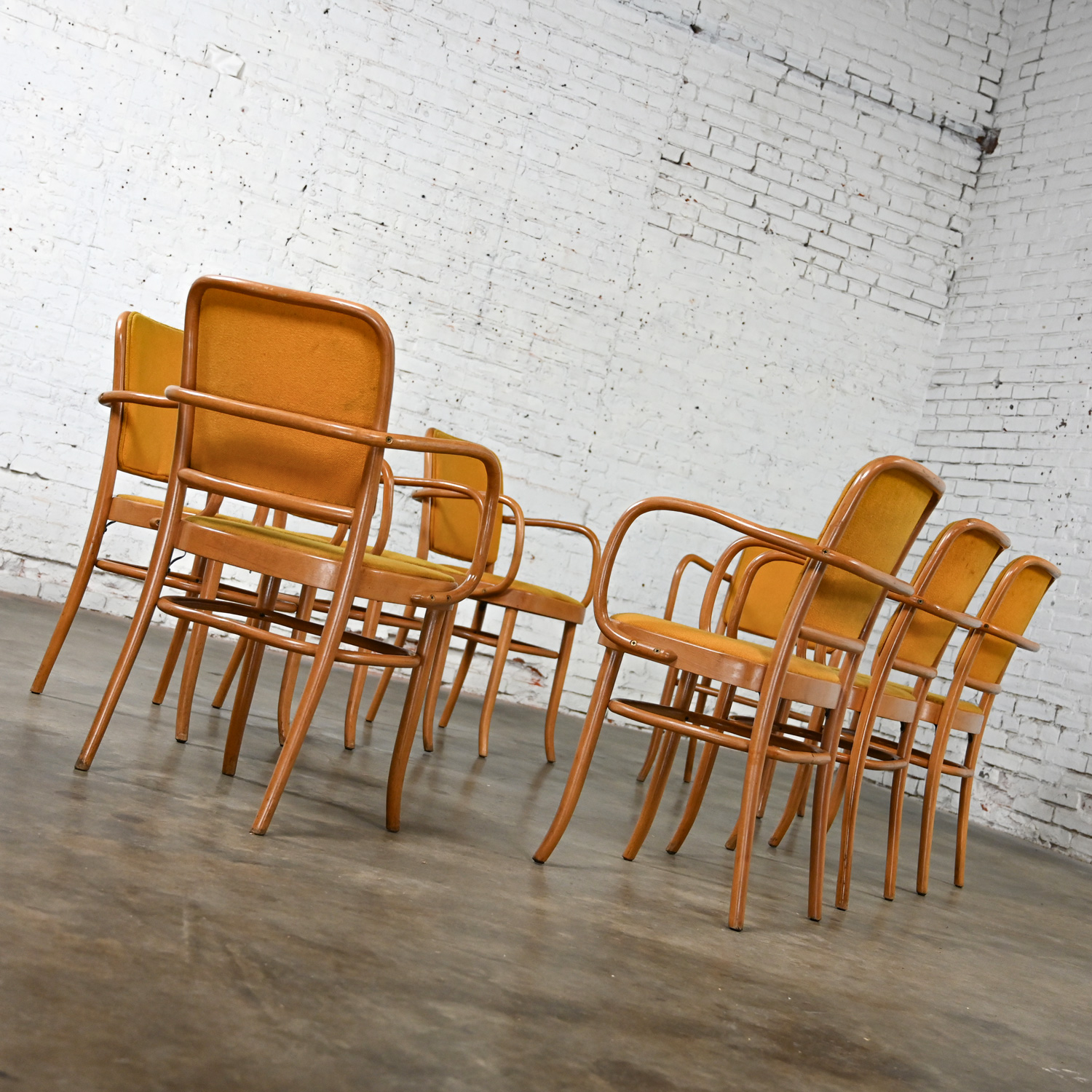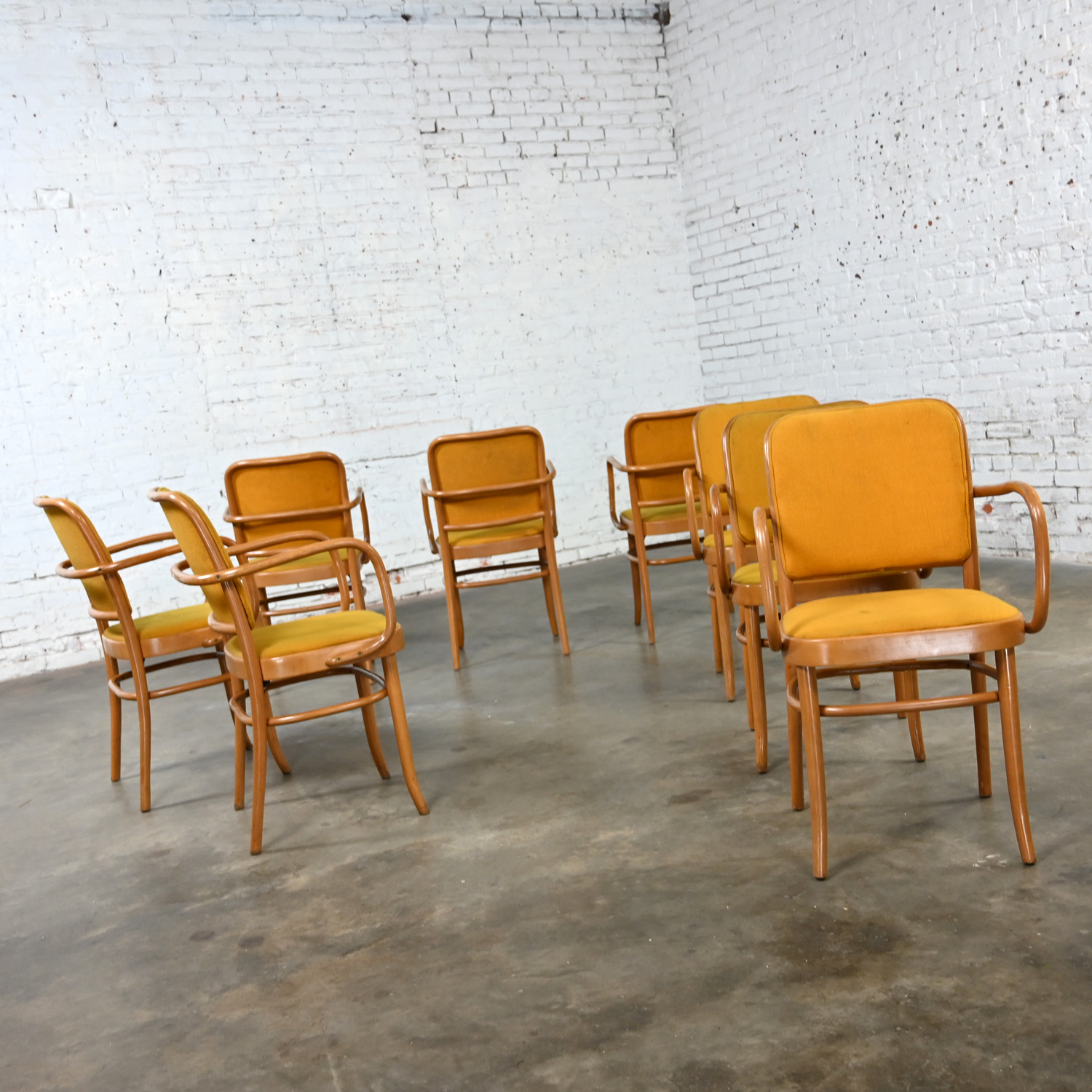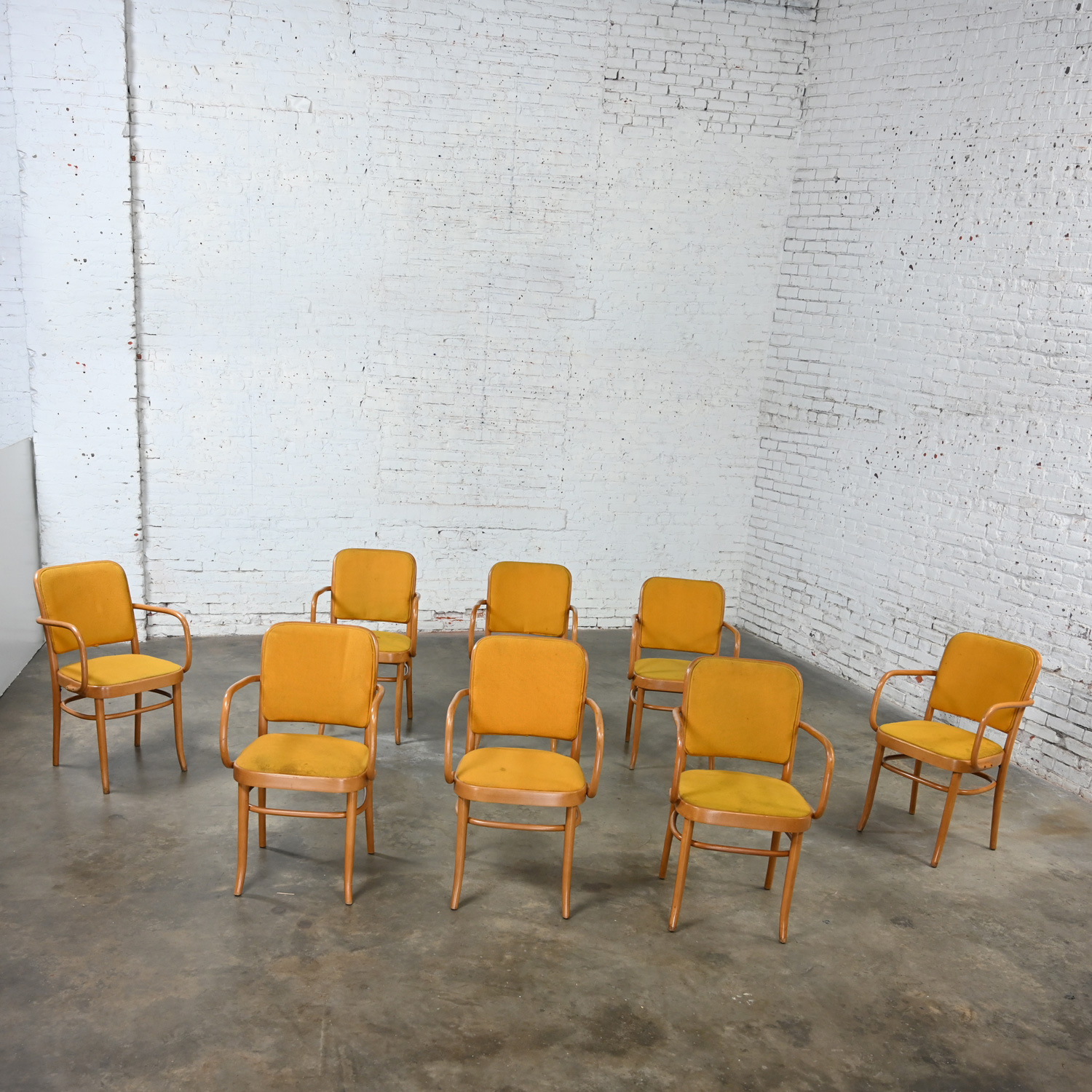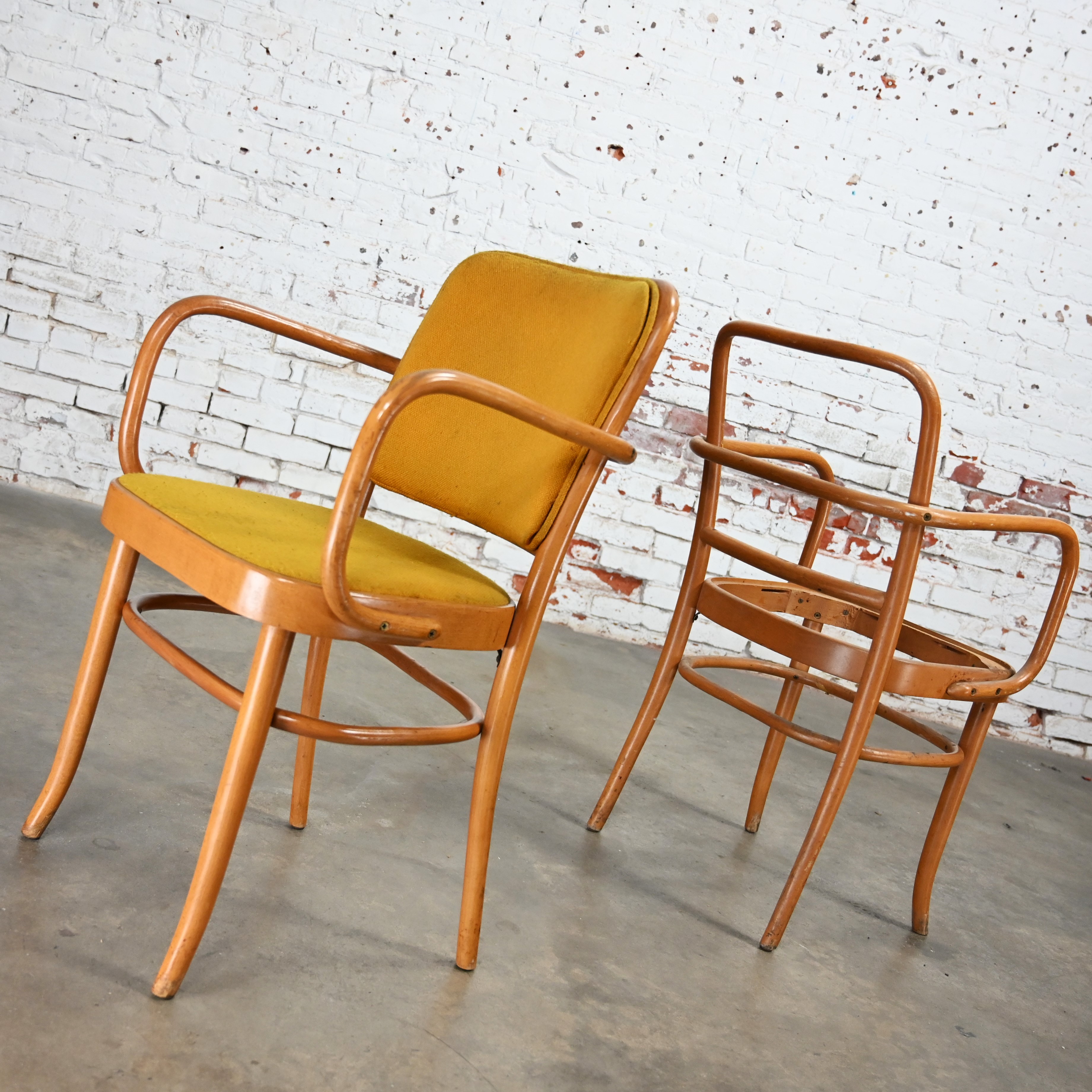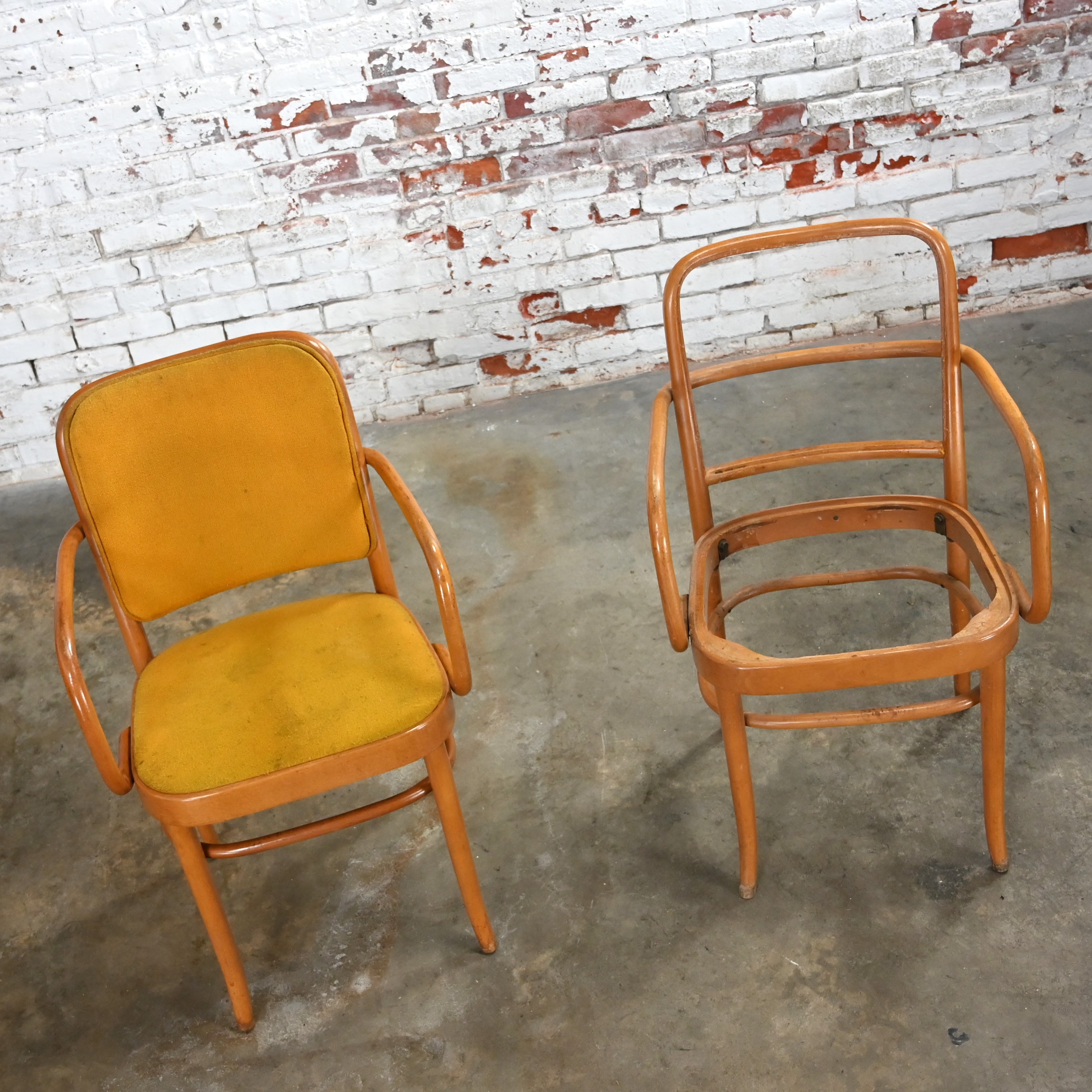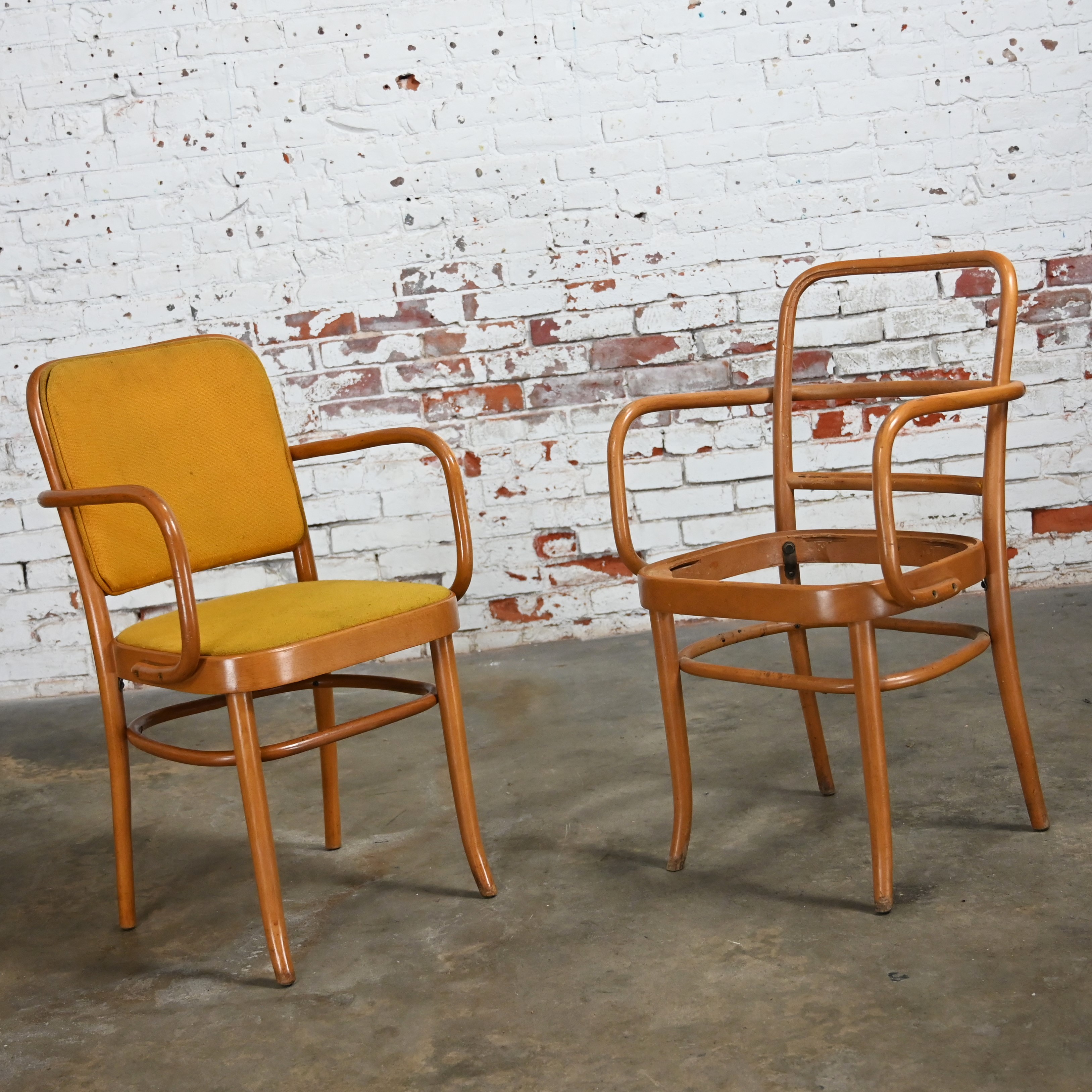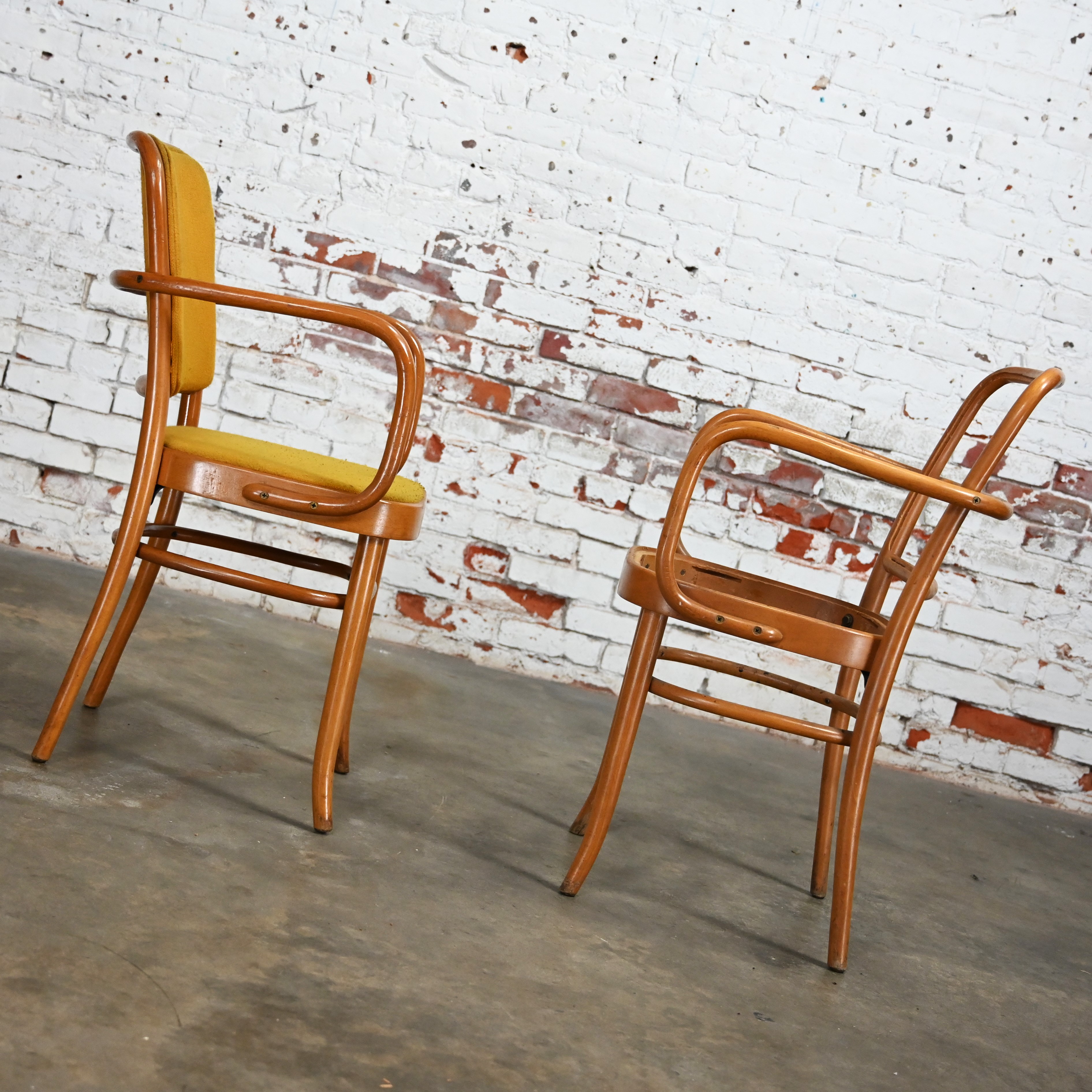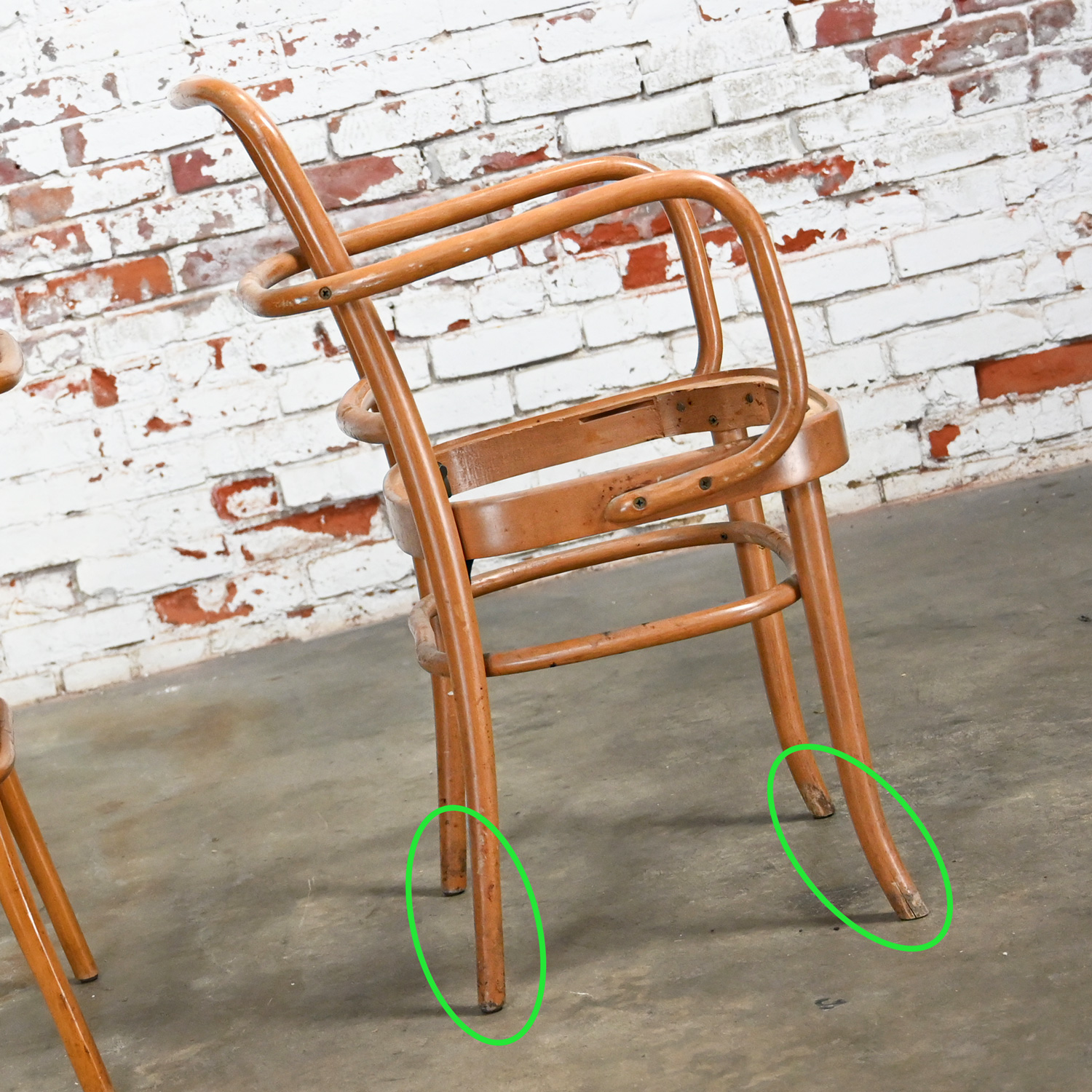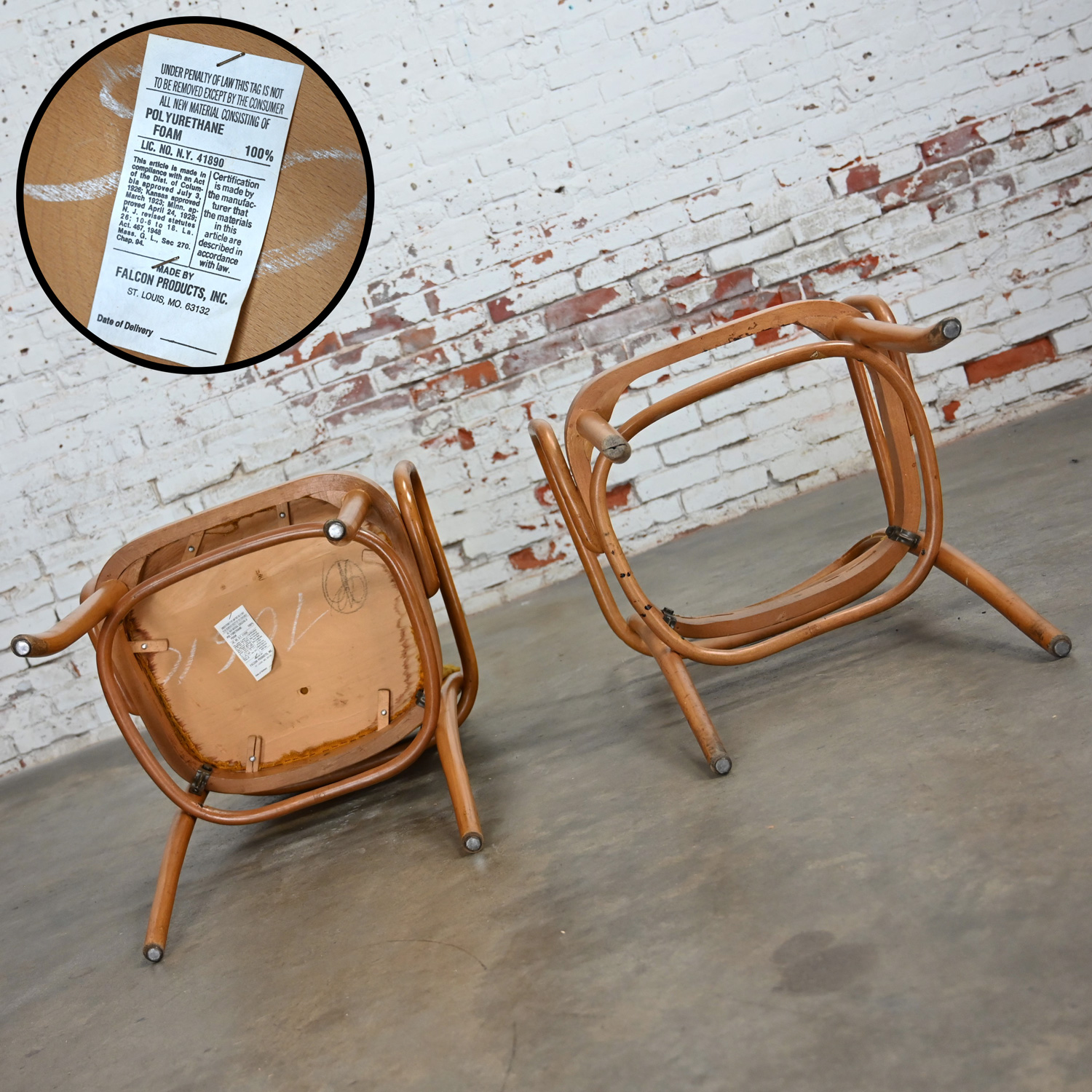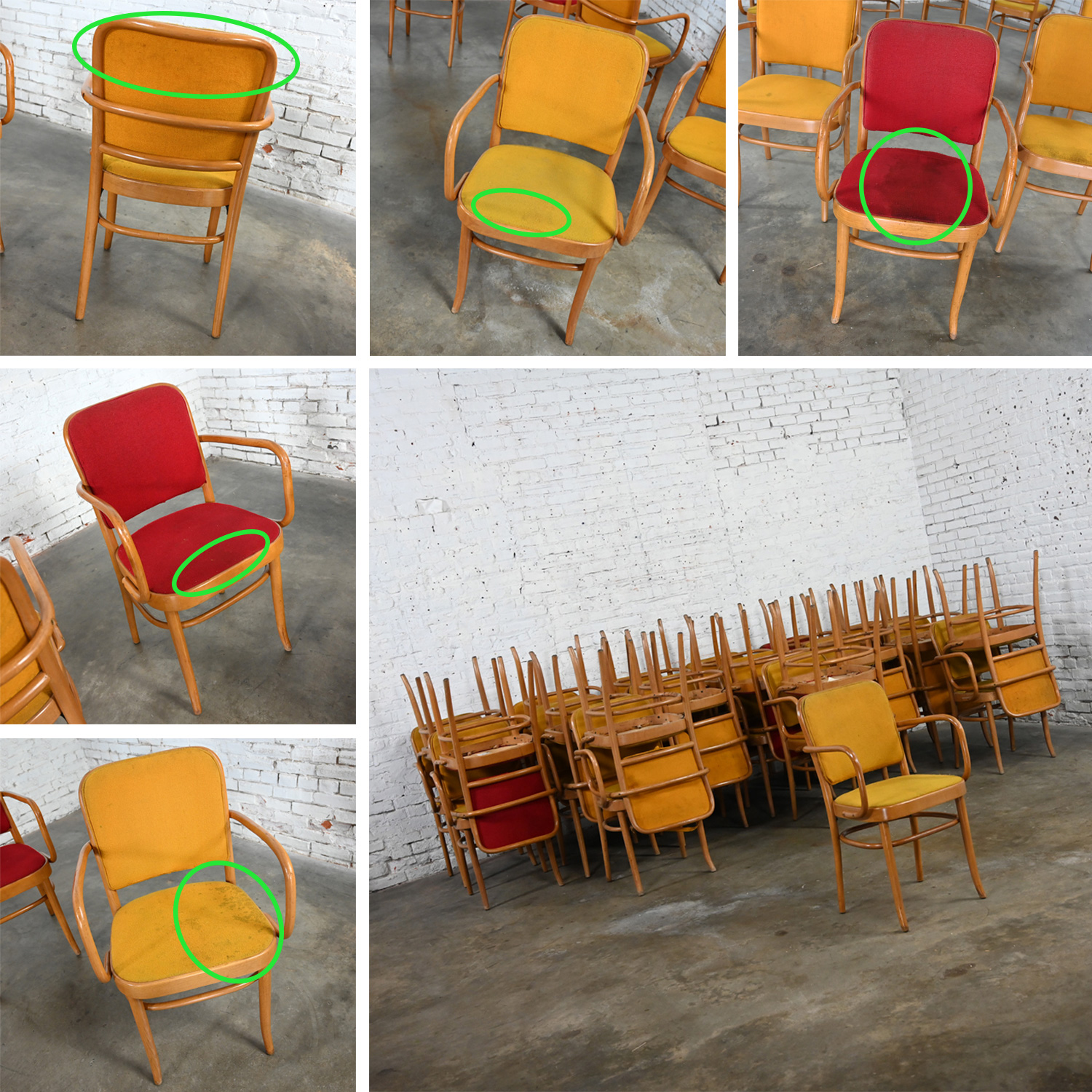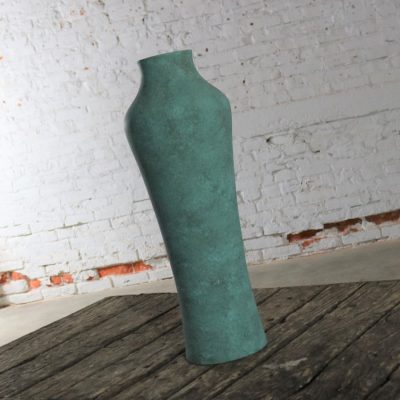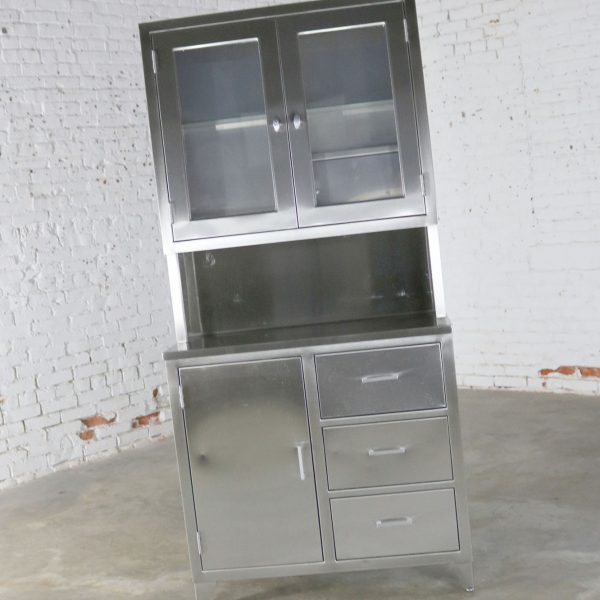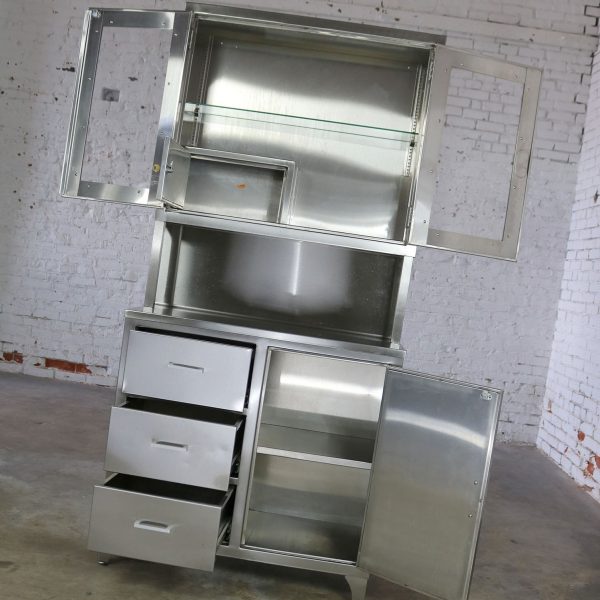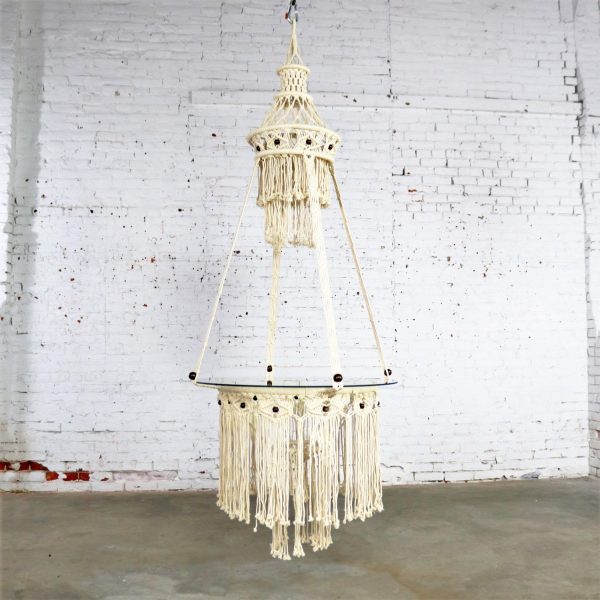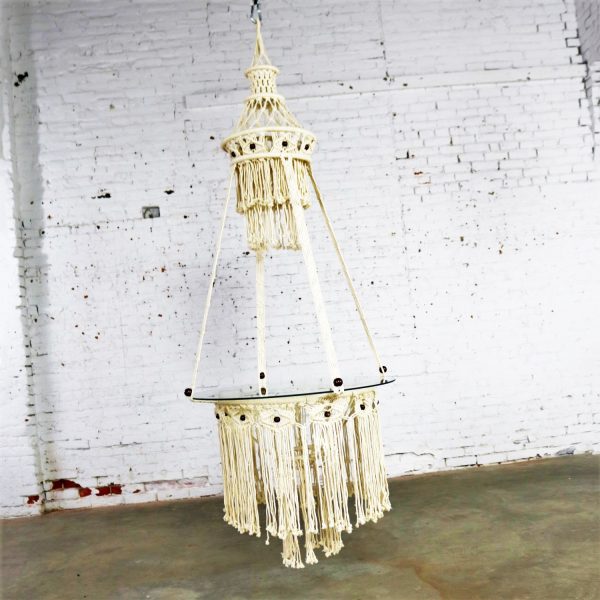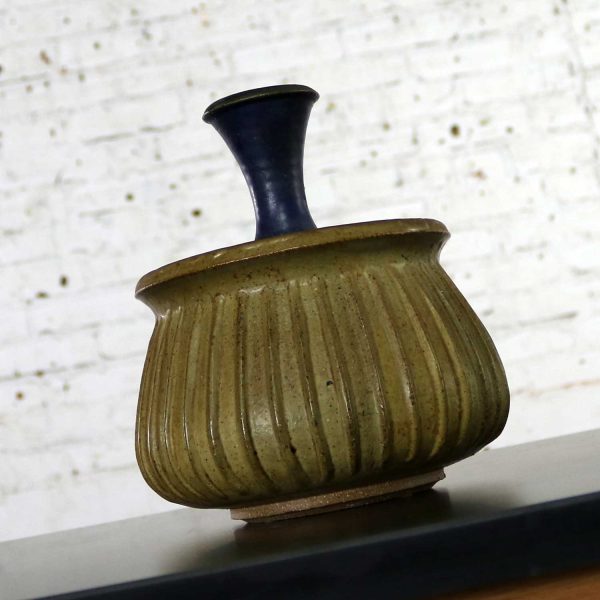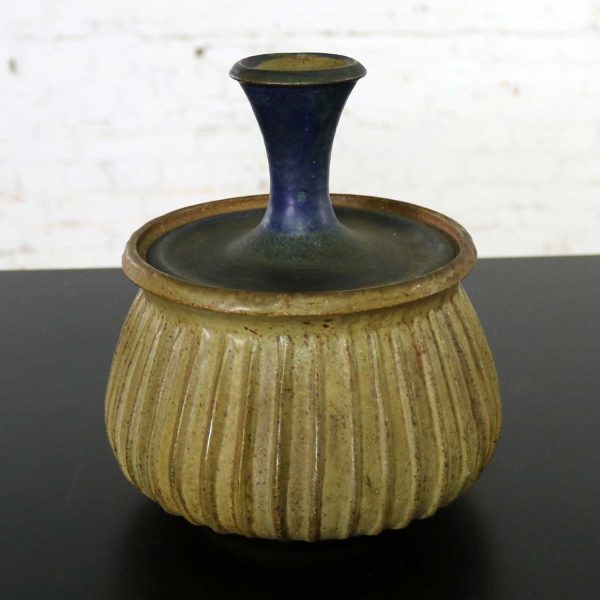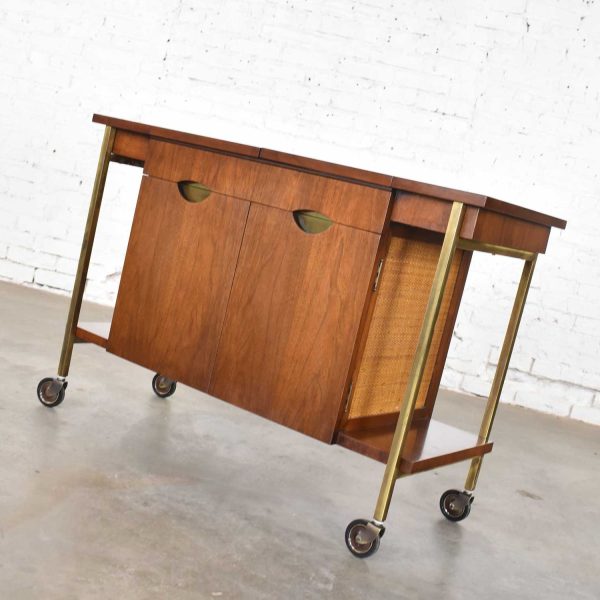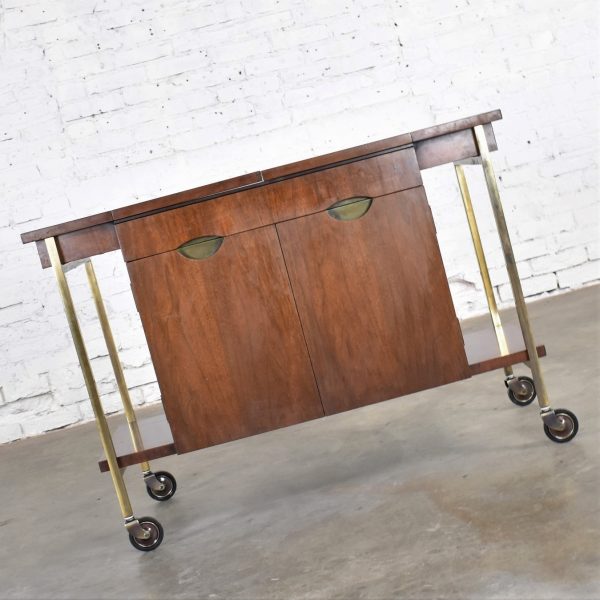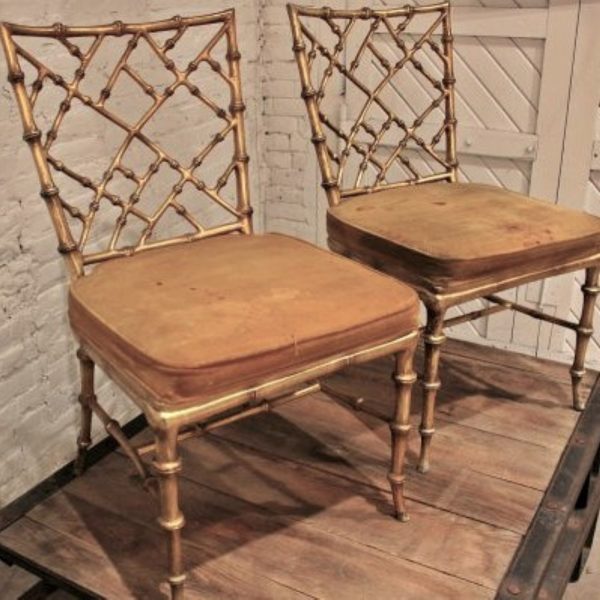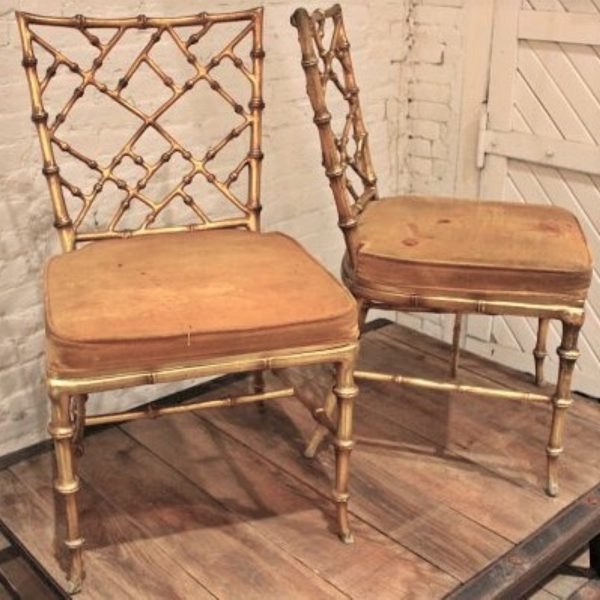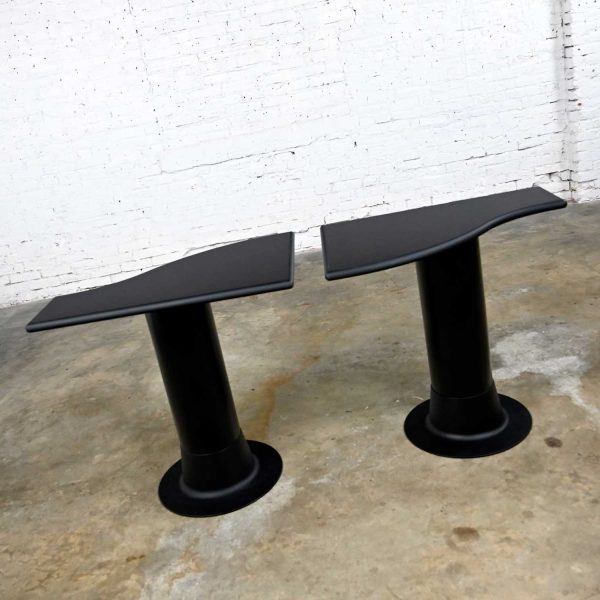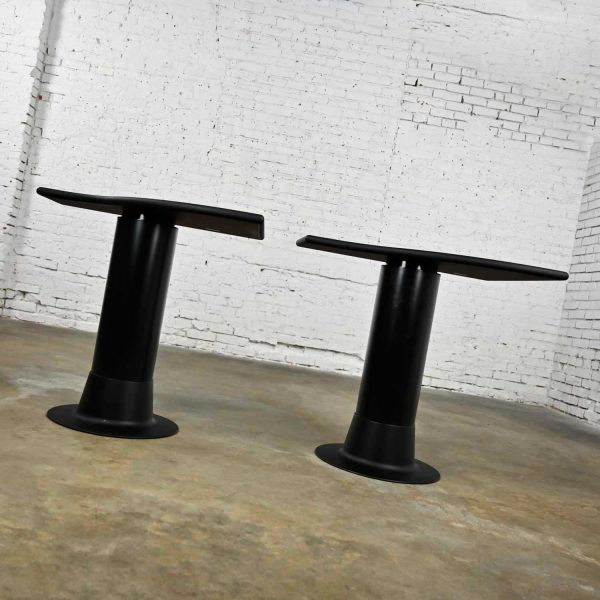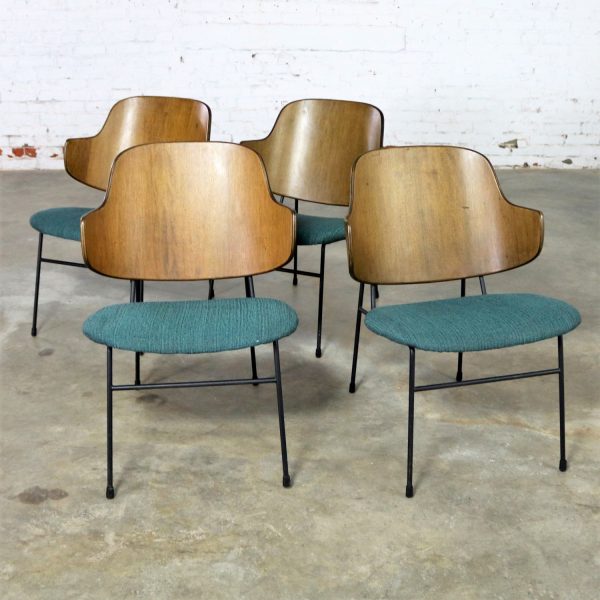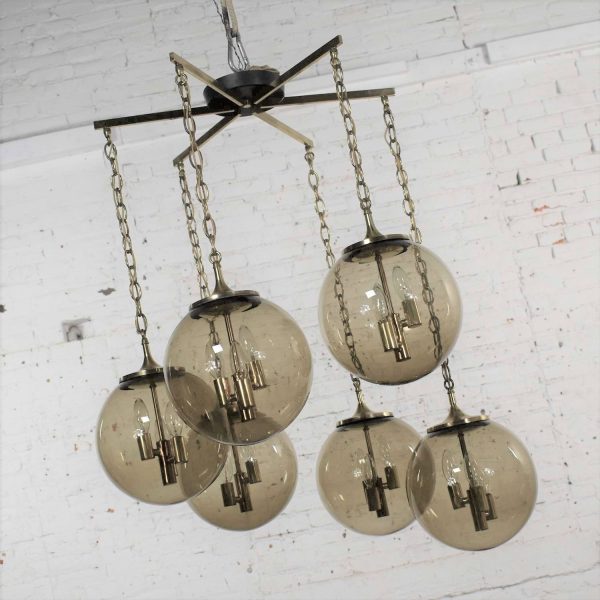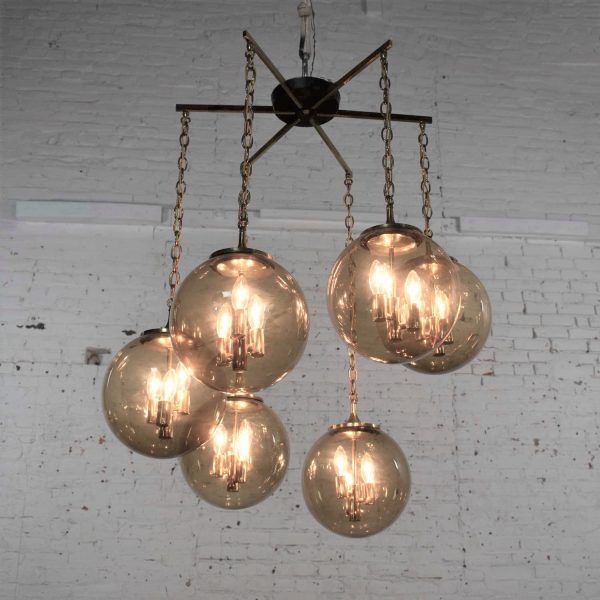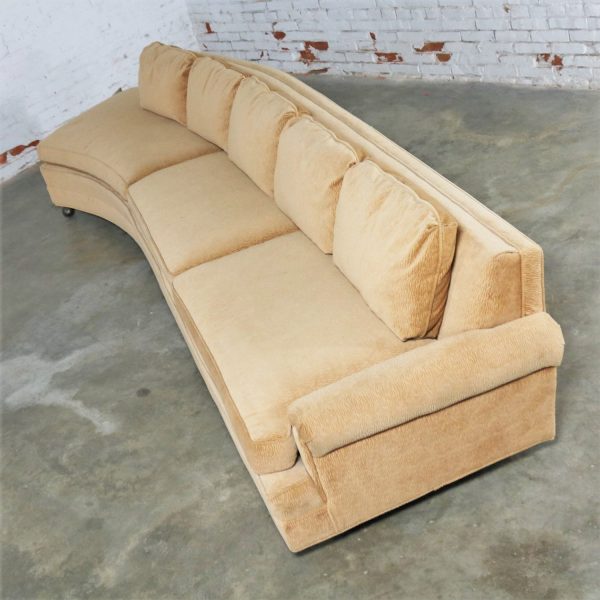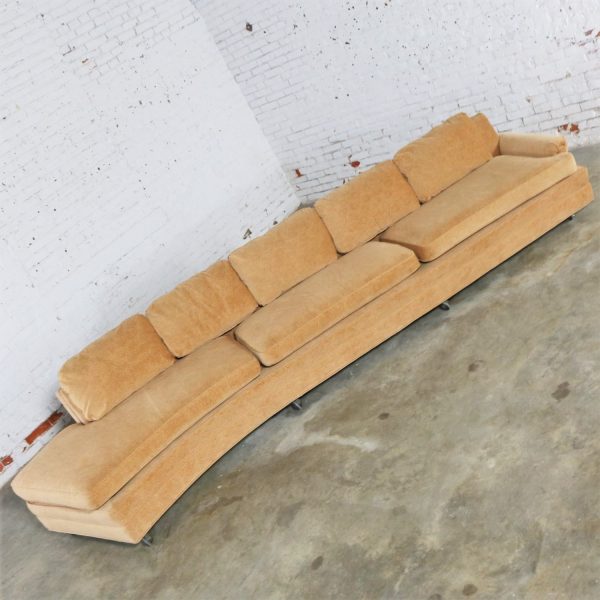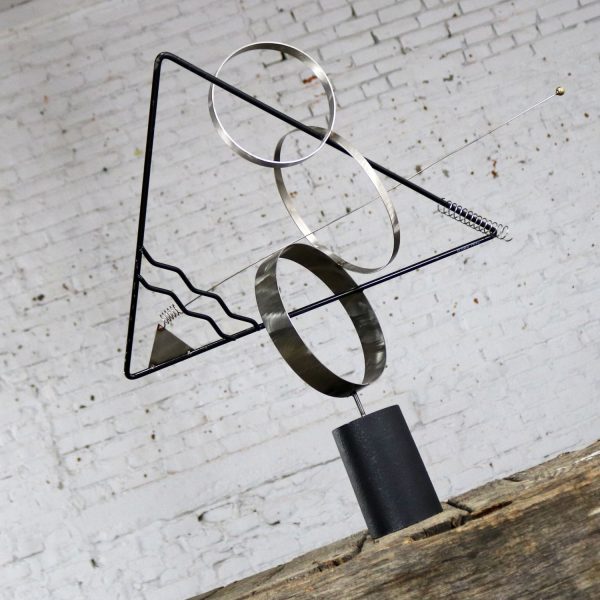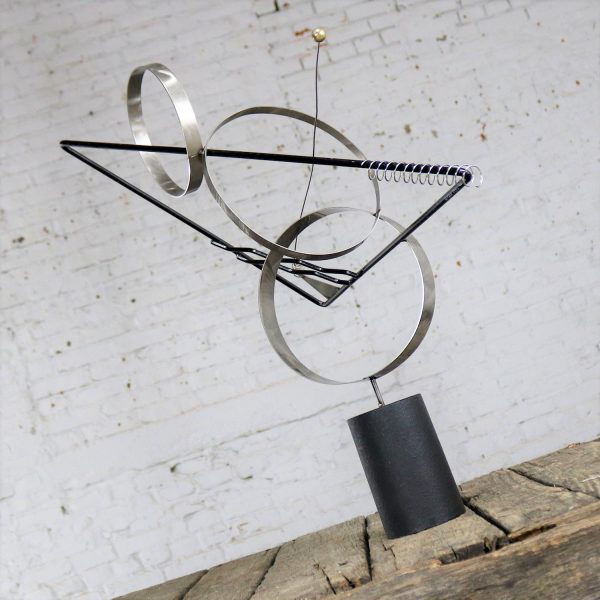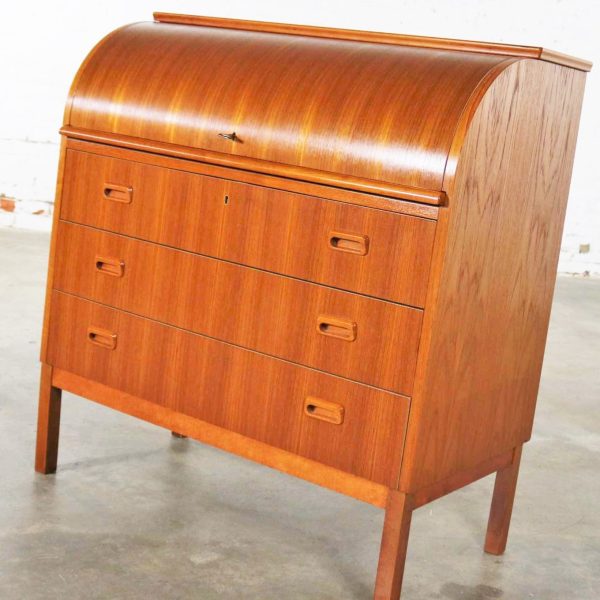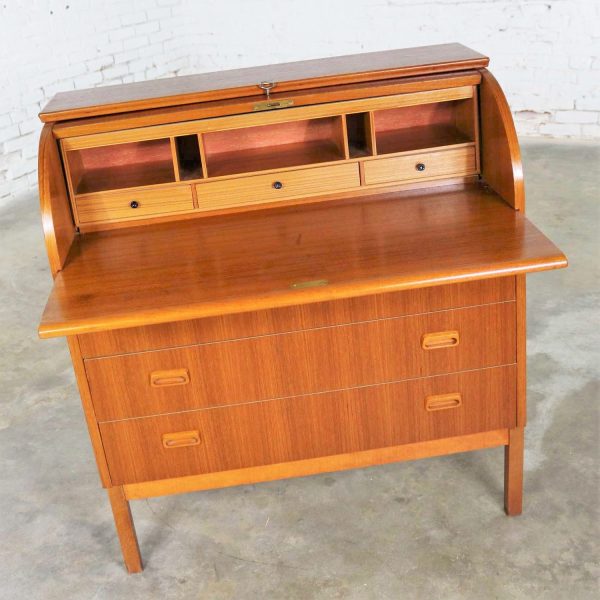We have eight GREAT reasons to get your attention!!!!!!! Talk about the ability to withstand the hands of time!! We have a set of 8 of these stunning Prague 811 armchairs originally designed by Josef Hoffman for Thonet. They were originally designed in 1925 and it remains a current, wonderful, and sought-after design today! These particular armchairs are labeled by Falcon Products Inc., Made in Yugoslavia, which is where Thonet also manufactured. They are comprised of stunning beech bentwood frames, slender rounded arms, slightly flared legs with stretchers, and they wear a vintage yellow or rust fabric but will need to be reupholstered. But think of the incredible fabric options!! Absolutely limitless!!! They’re sophisticated, comfortable, versatile, and absolutely GORGEOUS!!! Want to add a little splash of Bauhaus style to your home? These are the perfect side or accent chairs to do just that in your living or family room… or any room you choose!! Maybe you only need one for your bedside, student desk, or vanity… but if you need several, they will be fabulous around your dining table, game table, breakfast nook, or at a larger partner’s desk in the study or den. Of course, they would also look amazing surrounding a conference table at the office, in a waiting area, or meeting room. You can be sure they will complement your office or home with timeless and historical excellence, whatever your style!!
Josef Hoffman was one of Austria’s most important architects and designers and was central to the development of art and design in Vienna. He grew up with three sisters and was nicknamed Pepo. His father was the town mayor and a successful businessman. He was a founding member of the Vienna Secession, a radical anti-historicist movement, and together with Koloman Moser created the Wiener Werkstatte cooperative workshop. A highly individualistic architect and designer, Hoffmann’s work combined the simplicity of craft production with a refined aesthetic ornament. Between 1901 and 1905, he designed four villas in Vienna and a sanatorium in Brussels that was called “Stoclet House”, for which he developed a “cubistic” language of form, with an emphasis on straight, unadorned lines. In 1905, he established the Kunstschau with painter Gustav Klimt and, two years later, founded the Deutscher Werkbund. Hoffmann worked well into his 80s, continuing to use the geometric motifs that influenced the art deco style of the 1920s. In 1928 his work appeared in the Art in Industry exhibition held at Macy’s in New York City, where it exerted a strong influence on American designer Donald Deskey. Hoffmann is one of the seminal figures in the modern decorative arts movement of the first half of the 20th century.
Thonet was founded by Michael Thonet. Michael was born in 1796 and was apprenticed by his father to a cabinetmaker. Shortly after he married, Michael opened his one-man cabinetmaking shop creating furniture and cabinetry in the traditional manner by carving the needed parts and then joining them together. In 1830 he began experimenting with bending wood into curved shapes and thus began a successful furniture company that has remained continually in operation for nearly 200 years. Thonet’s early work was very Biedermeier in style and not made for the common man. Gradually his designs became more Art Nouveau. In 1951 his chairs for the Crystal Palace at the London World’s Fair won a prize medal and by the late 1950s he began to make his first “consumer” chair. In 1875, a year before Michael’s death, Thonet’s five factories made 620,000 chairs. Then in 1876 after his death the company became Gebruder Thonet. But all was not roses. In 1869 the Thonet patents lapsed and by 1893 there were 52 bentwood companies in Europe. However, Thonet persevered. They branched out. They merged. They added designs by Le Corbusier and Breuer and alternative materials such as tubular chrome in place of bentwood to their offerings. Business boomed and waned through the years and there was even a Thonet revival, so to speak, beginning in the 1940s on into the mid-20th century. Till today, in the 21st century, Thonet is still a furniture company to be reckoned with almost 200 years later.
Falson Products Inc. was founded in 1959 by Franklin Jacobs and quickly became the “go to” resource for designers and architects who specify high quality, commercial grade, tables, chairs, booths, modular seating, and furnishings. Although weary of expansion, in the 1970’s, Jacobs gave approval and it became one of the most important decades for the company. In 1971 Falcon Products made its first purchase, acquiring a small but well-known company called Duro-Chrome that specialized in the design and manufacture of metal stack chairs. The company had established a reputation for solid craftsmanship and the use of high-quality materials. In 1973, the company opened a showroom in the prestigious Chicago Merchandise Mart and in 1975 they acquired their first overseas facility in Juarez, Mexico producing iron castings, which were then made into table bases at Falcon’s plants in the USA. In 1980 Falcon expanded and relocated their main plant in Greenville, TN to Newport TN. In 1990 they had significant acquisitions overseas and purchased a firm located in the Czech Republic that produced wood chairs and wood chair parts for both domestic consumption and export. Under the leadership of Falcon Products, within two years the Mitón plant was shipping nearly 50 percent of its wood chair parts to the Lewisville facility for assembly and distribution. In 1998 they acquires Johnson & Howe, which was one of the largest firms in the industry. Today they build & install entire restaurant interiors. They continue operations in the United States and Europe today.
We are in love with these iconic armed dining chairs designed by Josef Hoffman in the style of Thonet and surely you are too! Don’t wait… make them YOURS!!!


